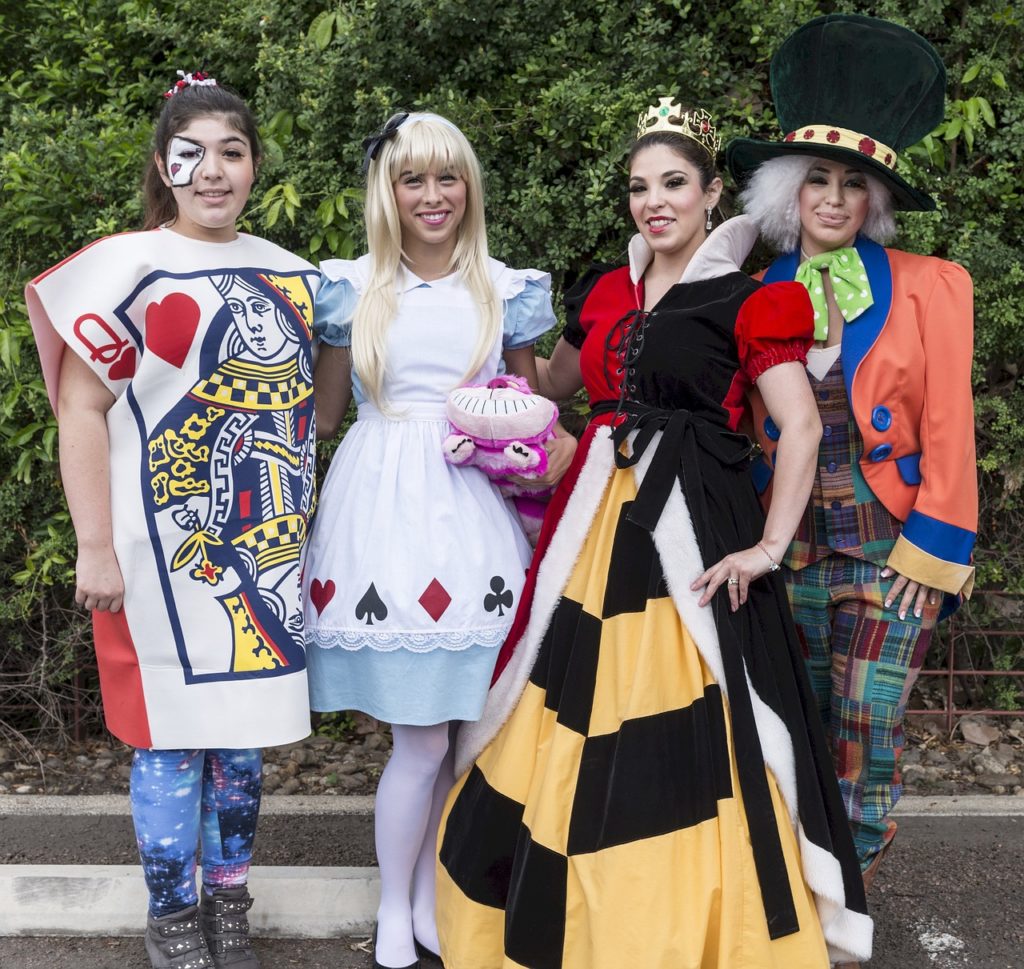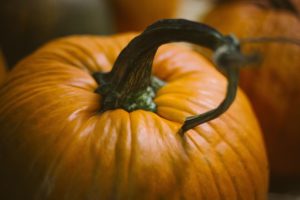- Calls to this hotline are currently being directed to Within Health or Eating Disorder Solutions
- Representatives are standing by 24/7 to help answer your questions
- All calls are confidential and HIPAA compliant
- There is no obligation or cost to call
- Eating Disorder Hope does not receive any commissions or fees dependent upon which provider you select
- Additional treatment providers are located on our directory or samhsa.gov
Trigger-or-Treat: Halloween in Recovery

Contributor: Courtney Howard, B.A., Director of Operations & Business Development at Eating Disorder Hope and Addiction Hope.
With Halloween less than one week away, the holiday season is officially here! The biggest concerns surrounding Halloween for some individuals might be what costume to wear or how to turn their front yard into a haunted house, but it can be more complicated when you are in recovery from an eating disorder.
Having awareness of potential triggers and preparing accordingly can set you up for a positive Halloween experience that promotes your recovery.
Halloween Candy & Goodies
Regardless of your age, candy and other festive goodies have a way of making an appearance during Halloween. When you are a child or early adolescent, you might still be trick-or-treating and come home at the end of the night with a pillowcase full of nougat and caramels. In college, Halloween parties are all the rage when suddenly dressing up and celebrating Halloween is “cool” again. Later in life, you might just have a lot of candy in the house to pass out to trick-or-treaters, or be faced with Halloween goodies at a work party or related event.
Depending on your eating disorder, you might have kept yourself from indulging in Halloween candy in the past, you might have binged on it after everyone had gone to sleep, or some combination therein. In recovery, you can learn to enjoy these goodies without engaging in disordered food behaviors by legalizing Halloween candy and eating intuitively.
Practicing intuitive eating is important during the holiday season, and Halloween is no exception. Instead of attaching shame and other negative emotions to Halloween candy, give yourself permission to enjoy it while listening to your body’s natural hunger and fullness cues. This can be a milestone in your recovery process and reinforce your new, positive relationship with food.
Curbing Celebratory Alcohol Consumption
Candy often takes a backseat to alcohol as the primary Halloween indulgence of choice for many individuals. This can lead to alcohol abuse and related issues, particularly among adolescents and young adults.
A 2007 study [1] examined college students on Halloween and St. Patrick’s Day compared to other days throughout the year to determine whether these holidays lead to increased alcohol consumption.
Using breathalyzers to measure blood alcohol content (BAC), researchers concluded that not only were these holidays related to increased alcohol consumption, but participants “reporting a celebration motive” were consistently more intoxicated than those who were not in a celebratory mindset. This makes sense, as individuals consciously celebrating the holiday are more likely to overindulge.

If you are further along in eating disorder recovery and want to try drinking alcohol in moderation for the holidays, you can always set a limit before going into the evening. If possible, tell one of your friends who will be with you about this limit so that you have that accountability. Then you can mindfully drink the one or two alcoholic beverages that you have set for the evening without it getting out of hand.
Of course, these suggestions are not recommended for anyone under 21 years of age or those struggling with alcohol use disorder. If setting a limit and practicing moderation are not realistic options for you, we encourage you to speak to your treatment team to address any underlying substance use disorders.
Making Pro-Recovery Decisions
You can go into the holidays consciously making recovery-minded decisions that support your new life free from your eating disorder. This starts with Halloween.
Shopping for a Halloween costume, navigating parties, and being faced with overflowing candy and alcohol are just a few of the many ways that Halloween can trigger your eating disorder in unexpected ways. Being mindful of these potential triggers and arming yourself with healthy coping tools to support your recovery is vital.
At the end of the day, it is i
The important thing to remember is to practice self-care. This is at the root of most recovery-minded decisions. Self-care means spending time with people who support your recovery, limiting your alcohol consumption, and giving yourself permission to enjoy that Snickers!
Community Discussion – Share your thoughts here!
How do you plan to cope with triggers this Halloween?

References:
[1]: Glindemann, K. (2007). Celebratory Drinking and Intoxication: A Contextual Influence on Alcohol Consumption. doi: 10.1177/001391650290949Environment and Behavior May 2007 vol. 39 no. 3 352-366
The opinions and views of our guest contributors are shared to provide a broad perspective of eating disorders. These are not necessarily the views of Eating Disorder Hope, but an effort to offer discussion of various issues by different concerned individuals.
We at Eating Disorder Hope understand that eating disorders result from a combination of environmental and genetic factors. If you or a loved one are suffering from an eating disorder, please know that there is hope for you, and seek immediate professional help.
Last Updated & Reviewed By: Jacquelyn Ekern, MS, LPC on October 25, 2016
Published on EatingDisorderHope.com
